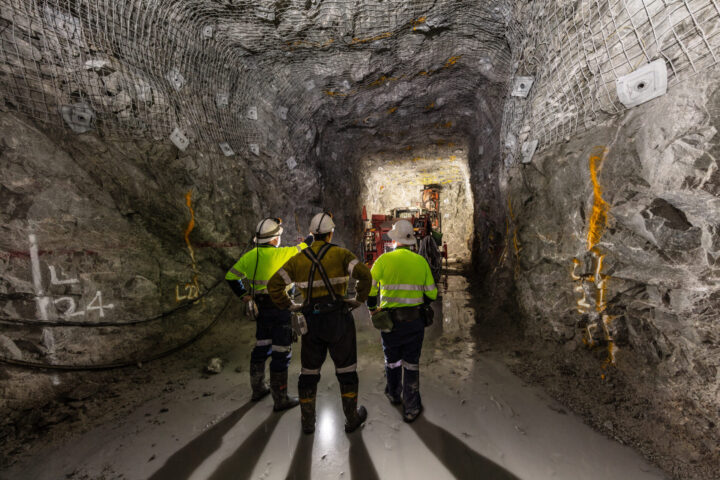UK companies are facing a widening leadership gap as they approach the next decade, with more than half of C-suite executives concerned about finding suitably skilled leaders.
That’s according to new research from recruitment specialist Robert Half, which highlights the need for transformation capabilities and AI literacy across the executive level.
In its report Towards the C-Suite 2035, the firm found that 59% of UK C-suite respondents are increasingly concerned about the availability of appropriate leadership talent for the coming years.
Digital transformation experience was identified as a key priority by 79% of respondents, while 62% also pointed to the need for workforce transformation skills.
Resilience was highlighted by 75% of executives as the most critical leadership trait for the future, followed by innovative thinking (67%), agility (61%) and change management (56%).
In response to these pressures, new roles are emerging in senior leadership teams, with 78% expecting the rise of the Chief Technology Transformation Officer and 57% anticipating a growing role for Chief Talent Transformation Officers.
The study also identified artificial intelligence as a major focus for leadership development. Some 87% of C-suite respondents said AI knowledge will be essential by 2035, with 83% predicting the growing importance of a dedicated Chief AI Officer. As low-code and no-code platforms become more common, executives believe a broader range of leaders will need practical AI capability, not just technical expertise.
Matt Weston, senior managing director UK & Ireland at Robert Half, said: “Executive leaders today face a complex and rapidly evolving set of challenges, shaped by technological disruption, global instability, workforce dynamics and increasing stakeholder expectations.
“Transformation isn’t a buzzword anymore – it’s a job title. CTROs (Chief Transformation Officers) and transformation leads (VP/Director Technology and/or Talent Transformation) are now essential operators in the C-Suite or the extended top leadership team, not consultants in the wings.
“Resilient and adaptable leadership will help to navigate complex social and political issues while maintaining credibility and trust. In 2035, businesses which have embraced this journey will be better placed to compete and to survive.
“A leadership team which understands how to innovate, alongside a workforce which can deliver new ideas, will be strengthened by the strategic development of future talent. Seeds planted now will stand tall in 2035.”
















